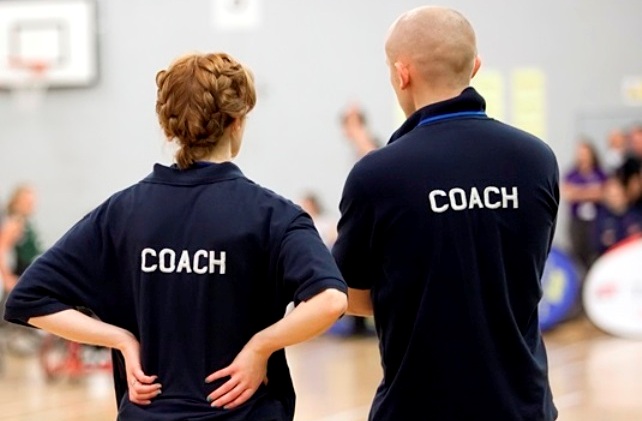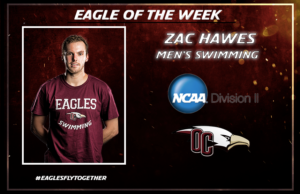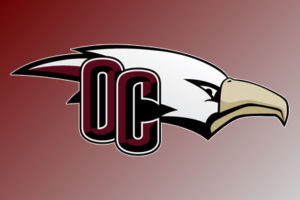The quality of your boss can make or break a job—the same is true in sports.
Most collegiate athletes say the quality of their coach impacts not only their development, but also how they view their sport.
Two Oklahoma Christian athletes, Derek Duckworth a junior swimmer—and Logan Hughes a sophomore track runner—reflected on their good and bad experiences with coaches.
Duckworth says he had a club coach in high school who began ruining the sport for him.
“He yelled all the time, got angry if you didn’t do something perfect, showed up late and didn’t respect the team,” Duckworth said. “In turn, I didn’t respect him, and it made me hate swimming for over a year. I dreaded going to club practice because I didn’t want to have to listen to what he said.”
All this led to Duckworth to not performing well in meets because of where the coach put him mentally.
“I didn’t get a best time in any of my events because I didn’t even really want to,” Duckworth said.
Hughes believes coaches can make or break a sport for some people and it is their responsibility to help guide their athletes.
“One hundred percent, the coach is supposed to be the one to guide you and elevate your ability to the next level,” Hughes said. “If the coach is failing to do this, then it can make you resent the sport entirely and cause you to plateau as opposed to become better.”
For many athletes, the best coaches are the ones who walk a fine line between demanding the most out of their athletes while still maintaining and fostering their athletes’ love for the sport. For Hughes, his high school coach was everything he wanted out of a coach.
“My high school coach, Tex Rollins, was the best coach that I have ever had,” Hughes said. “He was at the same time the hardest coach that I have ever had, but he knew how to get every inch of effort out of you and would make you the best athlete that you can be. He taught me that if I didn’t love track then I had no reason to be out there and to not waste time. He also taught me that if I wanted to be great then it was going to come through hard work in all facets of my life.”
Although Hughes and Duckworth had different experiences with some of their coaches in high school, both athletes understand a coach is the rallying figure for the team and the person who sets the bar for everyone.
“I think a coach’s attitude reflects what a team attitude will be,” Duckworth said. “As soon as the coach gives up on the team, the team gives up on itself. A coach is the first role model for the team. They represent the professional side of the team and what it stands for. A coach with a good attitude can make a team turn around and lift itself up to higher standards.”
“I see coaching affect a team because the team itself is supposed to rally around a coach and trust in his knowledge of the sport,” Hughes said. “If the coach isn’t able to do this then it can lead to disregarding the coach and causing team chemistry issues. The opposite, however, is sometimes true in that the coach is unanimously hated by the entire team and so the team rallies together because of their hatred for that coach.”





















Be First to Comment